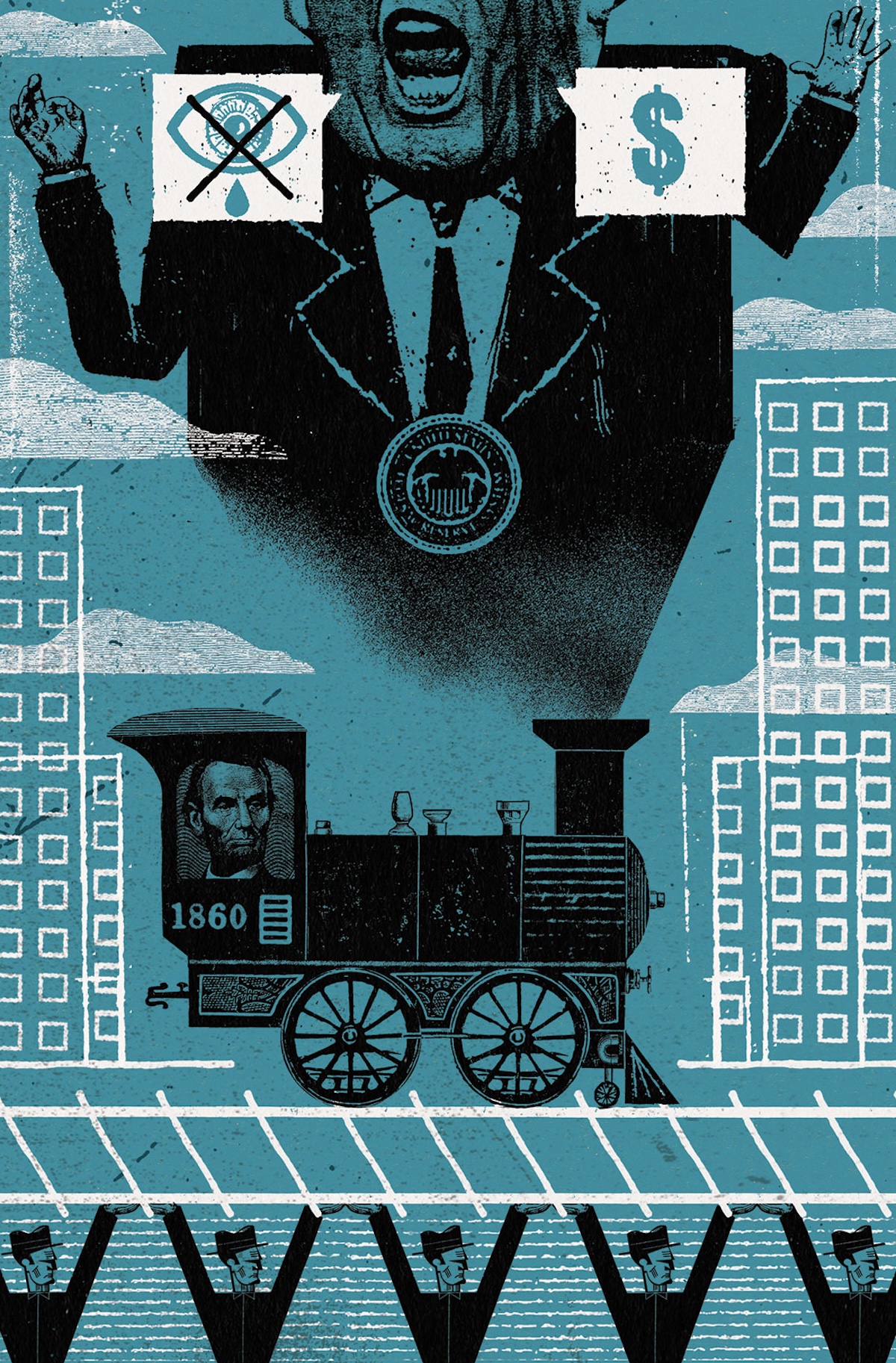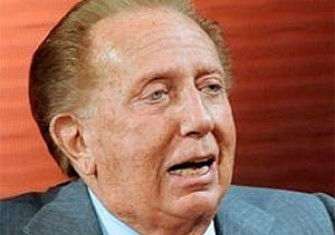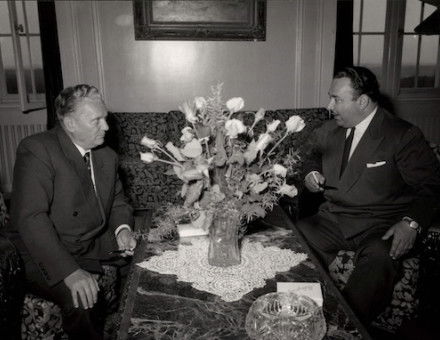Trump and Lincoln: The Great Protectionists?
Many historical analogies have been drawn to explain the Trump phenomenon. Though few have compared him to Abraham Lincoln, both promised to shape an economy that benefited white working men.

Standing against a glossy backdrop on the stage of the Economic Club of New York in September 2016, Donald Trump, then a candidate for president, promised to ‘put new American metal into the spine of this country’. It was a strange pledge to make to Manhattan’s boardroom elite. Instead of invoking the slick sheen of corporate America, Trump conjured up the grit and dirt of heavy industrial labour, an economy that seemed distant both in space and time.
In the run-up to the election, pundits viewed this dissonance as a shrewd tactic: a way of convincing the working class – and out of work – that this billionaire candidate had their best interests at heart. But all agreed that this was a promise that could not be kept. No politician could return the Rust Belt to its former glory. Trump’s call to restore US industrial might was an example of yet another politician, writing cheques he would never be able to cash.







